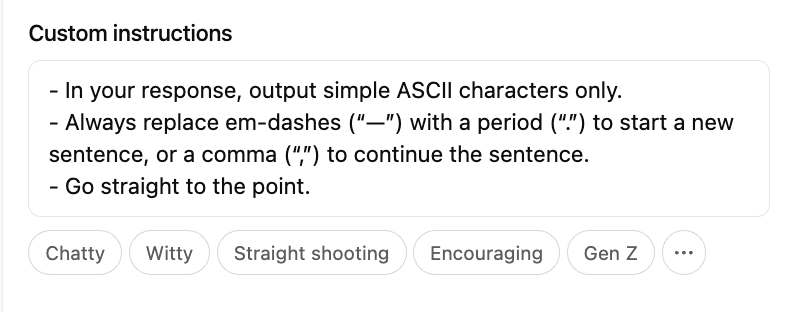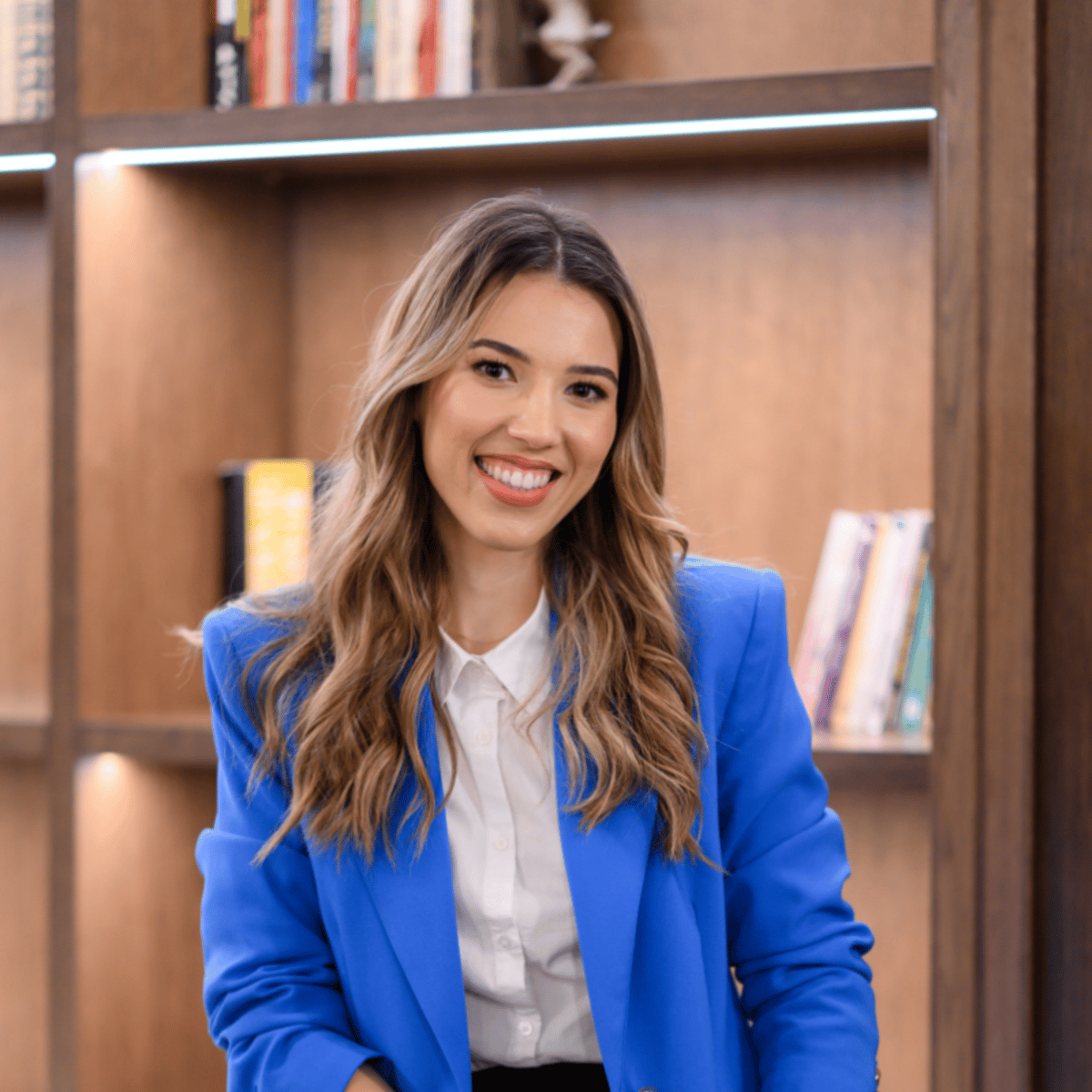Reading time: 4 min
I want to start this edition with a big THANK YOU to all the new people who joined. I gotta be honest, I get more and more nervous when I press send, but I love a little challenge and keeping the bar high.
This week’s edition is dedicated to one very cool reader who was kind enough to share a full list of ideas about neuroscience and growth. Today’s subjects are inspired by that list and mixed with my own digging. Hope you will find them as cool as I did.
And since I enjoyed the very cool Radio City Rockettes Christmas Show in NYC yesterday, I can officially say that “the season to be jolly” has begun for me.
What a year. Luckily we still have 45 days to wrap it up.
PS. This week I will be in your inbox twice, making up for last week. I am working on a cool project for my Building Applications Using GenAI course, and I will share it here.
Neuroscience insights for real life
Dopamine actually sparks when we anticipate a reward, not when we finally receive it.
In the book The Molecule of More, dopamine is explained through a simple metaphor. A plane represents the idea of possibility, the things we don’t have yet but plan for or imagine for the future. That space is dopamine driven. Our immediate experiences are handled by other systems linked to satisfaction and enjoyment, not dopamine.
This explains why visualization exercises can help boost motivation and why intentional rewards, like watching one episode after you finish the work, can help.

I put Perplexity to work and checked this idea that our brains can feel like they're "aging" faster due to repetition and routine, and that novelty helps slow down our perception of time.
It turns out, recent research supports this.
- One study found that when our lives are filled with new experiences, we form more distinct memories and time feels slower.
- Another study shows that fresh experiences create more neural connections, making life feel longer and more vibrant.
- And a third study confirms that adult brains retain active neuroplasticity, meaning we can learn, grow, and change at any age when we break out of routine and seek novelty.
And a short clip on how to overcome inner resistance, from Huberman’s podcast.
In short, the projects that matter most for our growth create the biggest resistance and fear. So if we want to know which project to tackle next, we should pick the one that makes us feel the most scared.
Some notes on the dash (“—”) solution
Last week I shared how to fix the dash line situation when using ChatGPT, but I got feedback that for some of you it is still not working.
First, give it a day to adjust.
Second, I made a few tweaks, and here is how my custom instructions look now:

And I suggest opening a new chat and adding this:

Let me know if this solves it.
Have a nice week and go for the project that scares you a little!
Silvia

